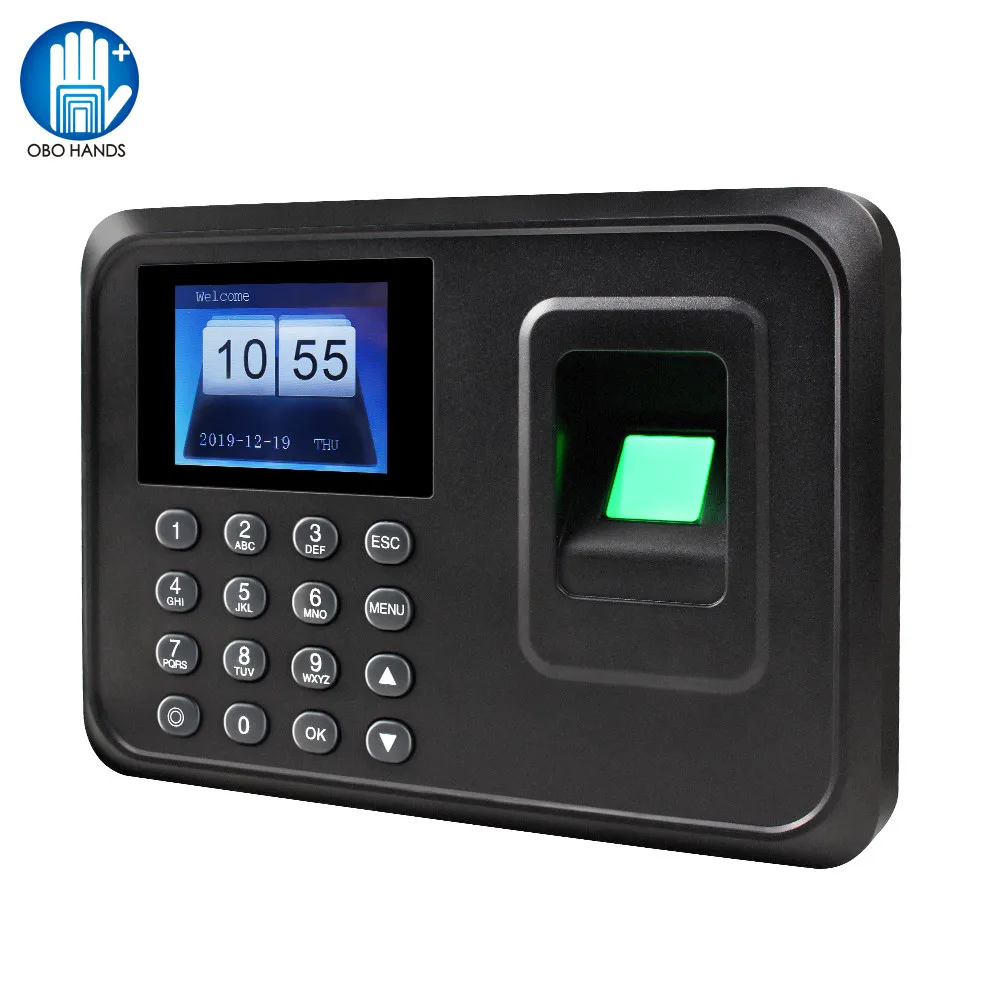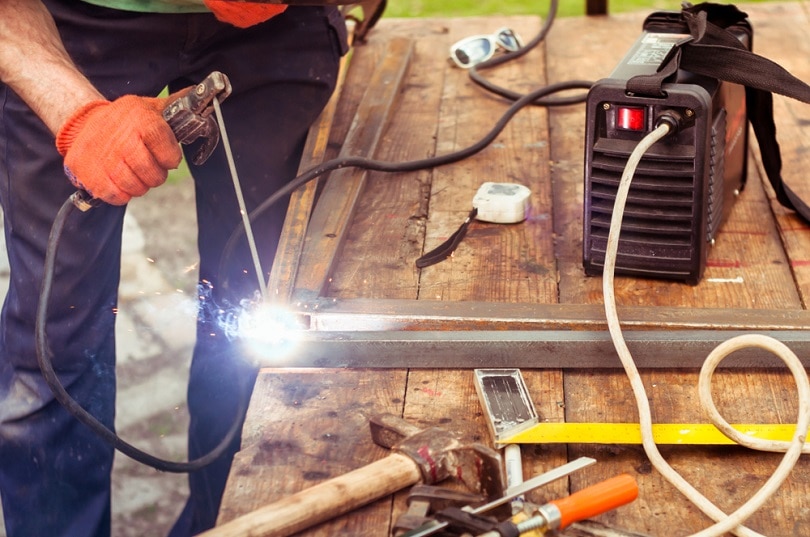

Setup operator or machinist: Enter the program into the machine, test and adjust the cutting tools, edit the program as necessary, and fix mechanical issues as they come up. Operator: Load raw materials into machines, calibrate equipment, adjust machine operating speeds during a run, and start and stop machines. So, a job title of "machinist" could mean handling a combination of the following roles to oversee the process from start to finish, or it could mean handling a more specific component of CNC. For instance, it's common for job postings to call for CNC machinists/programmers to create the programs and set up the machines. The roles in CNC machining often overlap, especially in smaller companies. What careers exist in the CNC machining field?

#MACHINING SCHOOL VS LEARNING ON THE JOB SOFTWARE#
Some machine manufacturers and software companies also offer certifications related to their products. Many CNC school programs are designed to prepare students for the NIMS assessments.

However, voluntary certification from the National Institute for Metalworking Skills (NIMS) can help demonstrate your competence to potential employers. You do not need to be licensed or certified to work as a CNC machinist. Do machinists require licensing & certification? And being able to convert between imperial and metric measurements (e.g., inches to millimeters and vice versa) can be very helpful. It's also good to have a solid understanding of algebra, geometry, and trigonometry.
#MACHINING SCHOOL VS LEARNING ON THE JOB HOW TO#
You will need to know basic arithmetic and how to convert between fractions and decimals. Inspecting completed pieces for quality control purposesĭo I need to learn math for CNC machining?.Using measuring instruments such as calipers and micrometers.Setting up and operating CNC mills, lathes, and other tools.Understanding multi-axis machining concepts.Interpreting blueprints and technical drawings.Skills you can learnĭepending on the program you choose, learning how to become a machinist could include: It's worth researching CNC training near you to see what's available. And many offer flexible scheduling options that allow students to choose day or evening classes. Some CNC machinist schools offer courses in a hybrid online and in-person training format. Will I be tied to a fixed class schedule?

Computer-aided design and manufacturing (CAD/CAM) applications.Geometric dimensioning and tolerancing (GD&T).Machine setup, operation, and maintenance.CNC classes near you will typically cover topics such as:


 0 kommentar(er)
0 kommentar(er)
